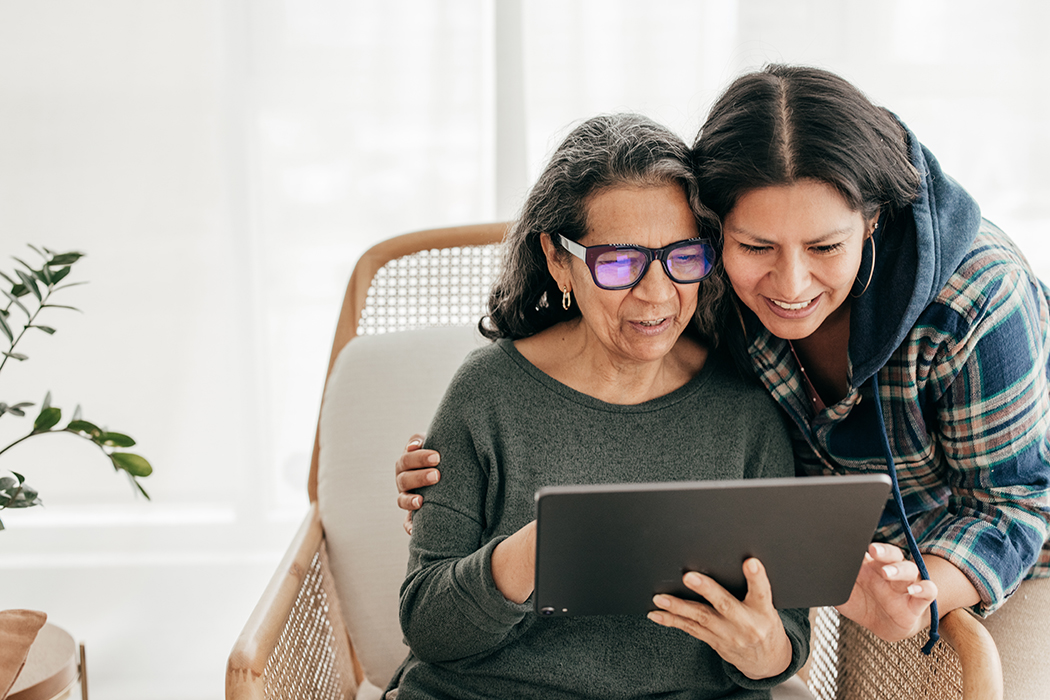
UM project to develop digital health solutions rooted in traditional Indigenous knowledge
A research project that aims to bring Indigenous-friendly technology solutions to Elders in a Manitoba First Nation has received approximately $50,000 in funding from AGE-WELL, a Canadian technology and aging network, and the Canadian Frailty Network.
The project is one of 17 in Canada that received a combined $800,000 from the organizations to develop new technology-enabled solutions to improve the lives of older Canadians from diverse populations.
Dr. Amine Choukou, associate professor of occupational therapy (OT) at the College of Rehabilitation Sciences, Rady Faculty of Health Sciences, and Margaret Hart, Ininiw Scholar in the OT department, are leading the project in Pimicikamak Cree Nation (PCN).
The plan is to develop digital health approaches for the elderly in PCN, located in Cross Lake, about eight hours north of Winnipeg, that can then be used as a roadmap for other First Nations in Canada. The solutions could be existing or newly developed, depending on the community’s needs as expressed by the Elders and tech literacy.
“We first need to understand the needs of the community to see what technologies elderly people and their families use now and what they can use in the future to access information to make the best health decisions. Then we can develop digital health solutions accordingly,” Choukou said.
Potential solutions include social media and more advanced technology, such as telepresence robots, a remote-controlled computer, tablet or smartphone-controlled interactive device. The robot could be outfitted with a video-camera, screen, speakers and microphones to help the individual interact with its operator – often a family caregiver – and the operator can simultaneously view what the robot is “seeing” and “hearing.”
“We installed a telepresence robot at the new health centre in PCN and will be using it at community meetings to show how we have enabled telerehab and telehealth in general,” Choukou said.
Choukou and Hart applied for funding after meeting with the community’s health director to get their endorsement for the initiative, create momentum and engagement and receive ethics approval.
“We must work from the local level first to develop processes, ethics and protocols as defined by community. Rooting traditional knowledge systems and customary laws is reconciliation in practice,” said Hart, who grew up in Pimicikamak.
The researchers’ next step is to hire a community health worker. “Having someone from the community who speaks Ininimowin is an essential part of the project. All our Elders speak their original language,” Hart said.






